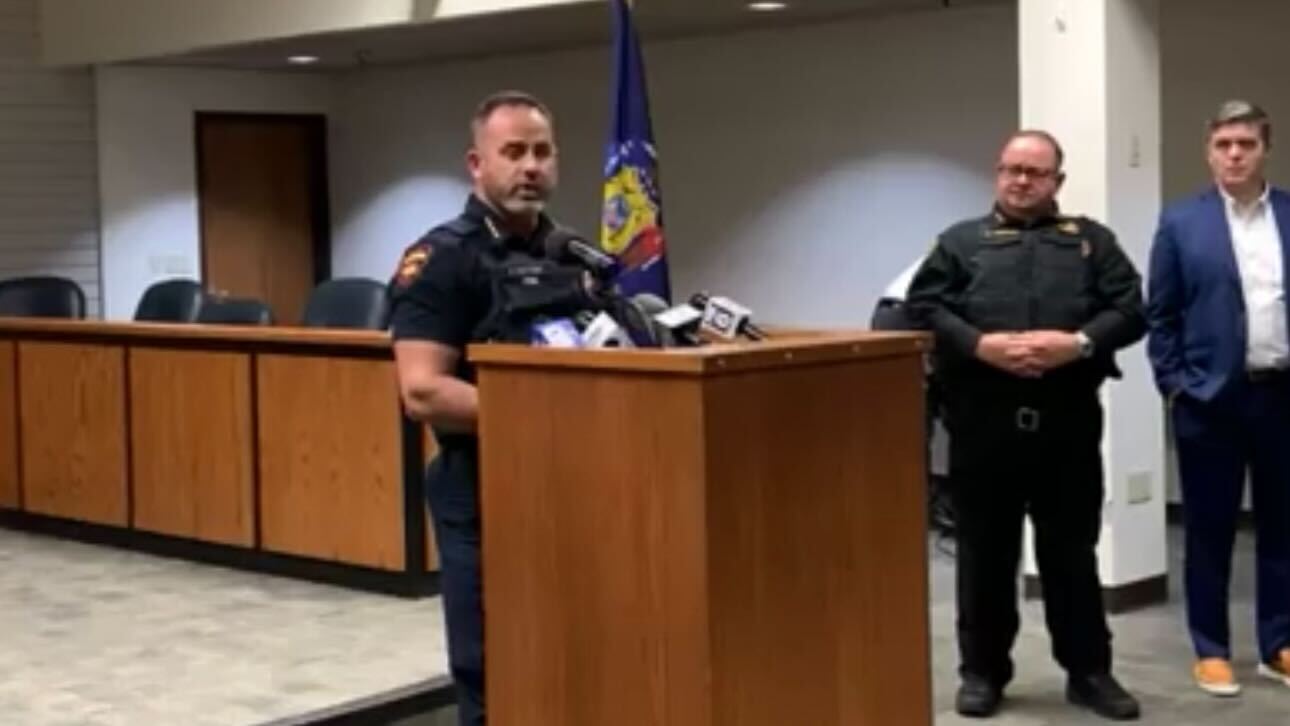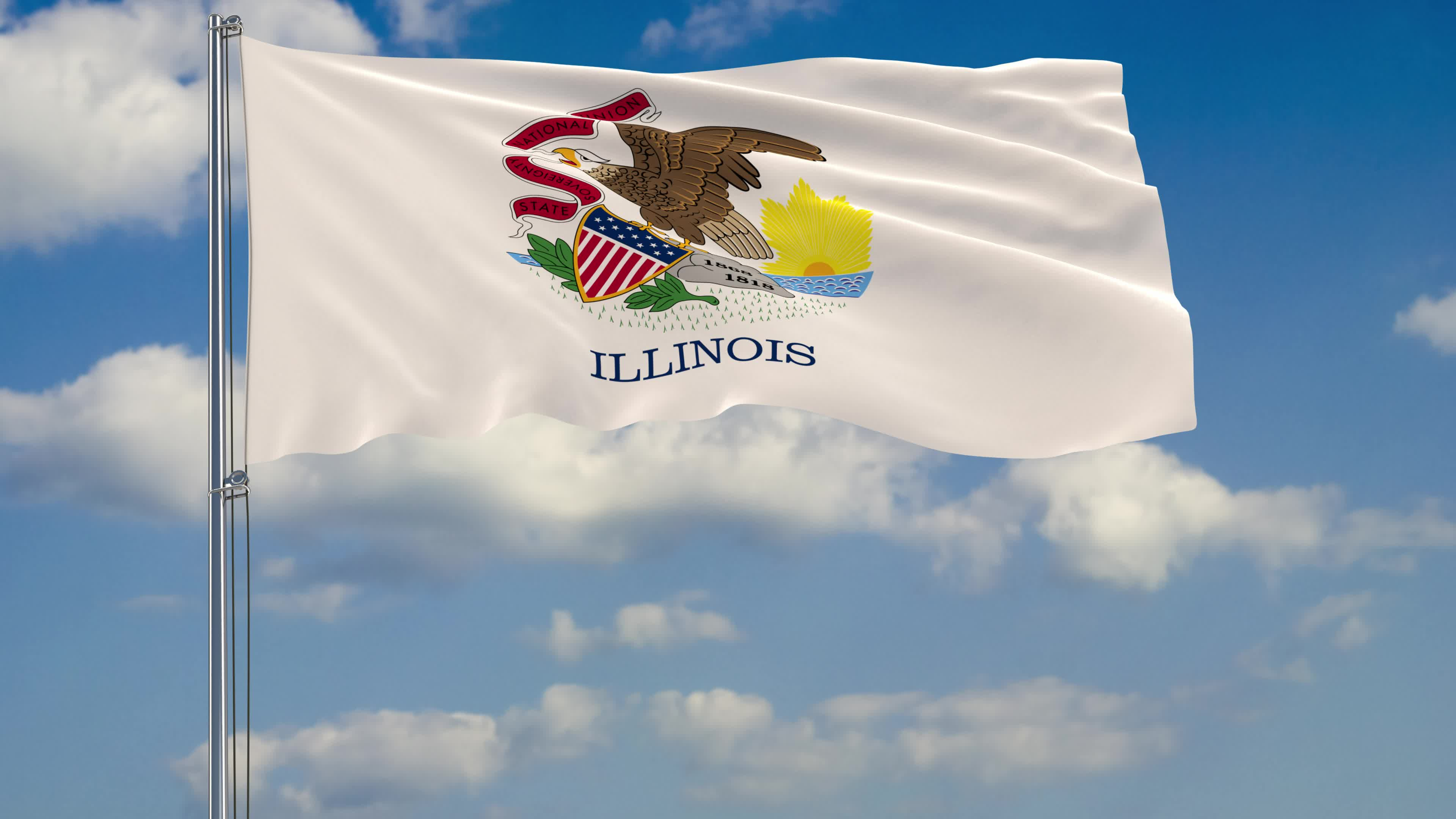The fight over Illinois' state budget has been directly felt by more than 1 million residents, from people with disabilities to seniors and college students. It also has exacerbated the state's already pathetic financial situation.
Here's a look at some of the damage caused by the nearly two-year disagreement between Republican Gov. Bruce Rauner and Democrats who control the Legislature:
VIOLENCE PREVENTION
Rauner froze money for Operation CeaseFire even before the state's last approved budget expired in mid-2015, saying it was part of cuts he had to make because the state was running out of money.
The program, featured in a documentary that brought national attention to Chicago's violence, deployed former gang members and felons to intervene in feuds in hopes of preventing shootings and murders. Supporters of the program say cutting it contributed to an increase in violence in Chicago, which saw more than 700 murders last year.
Among the other anti-violence programs that lost funding without a state budget was Redeploy Illinois, an alternative to jail for juveniles that worked with about 700 troubled youth each year.
HIGHER EDUCATION
Local
Universities and colleges say the impasse has led to cutbacks and threatened enrollment. State-backed grants to help low-income students pay for college, called the Monetary Award Program, are in limbo.
A short-term budget covered a fraction of grants until January. Some colleges have been fronting the money, but others can't guarantee it. Students say the uncertainty is impacting their enrollment.
Elsewhere, there are reductions. Eastern Illinois University officials say they're ready to cut up five academic majors at the 7,500-student campus in Charleston. Southern Illinois University plans to cut men's and women's tennis programs and reduce scholarships for swimming and diving teams. A community college in western Illinois, Black Hawk College, has eliminated 17 full-time positions.
SOCIAL SERVICES
Dozens of nonprofit organizations that provide Illinois' social services are stepping up their legal battle over a lack of payment during the impasse.
The groups, which help homeless people, victims of sexual assault, foster children and the elderly, have filed a second lawsuit over the state's alleged failure to honor contracts, after the Illinois Supreme Court declined to intervene last year. The organizations have claimed they're owed over $160 million and there has been "irreparable injury" from a lack of timely payments, including layoffs and program cuts.
The organizations in the lawsuit include the Chicago-based Ounce of Prevention Fund, which is run by the governor's wife, Diana Rauner. In a survey conducted by the United Way last year, the agencies said they'd had to cut services to more than 1 million clients.
MORE DEBT
Illinois has racked up more than $11 billion in overdue bills to state vendors and contractors — bills that taxpayers are on the hook to pay, with interest.
The state deficit also is growing by billions of dollars as spending for some essential services such as prisons and foster care continues under court order or state statute, at levels higher than what Illinois takes in. The situation has led credit rating agencies to downgrade Illinois' already worst-in-the-nation rating, increasing the cost of borrowing.
Illinois' deadbeat status also has made it tougher for some state workers to get medical care, as doctors waiting months or more to be paid through state-sponsored health insurance ask for up-front payment for surgeries and other treatment. In some Illinois cities, local leaders have considered cutting off utilities such as sewer service and power to state-run facilities such as prisons until the state pays what's owed them.



